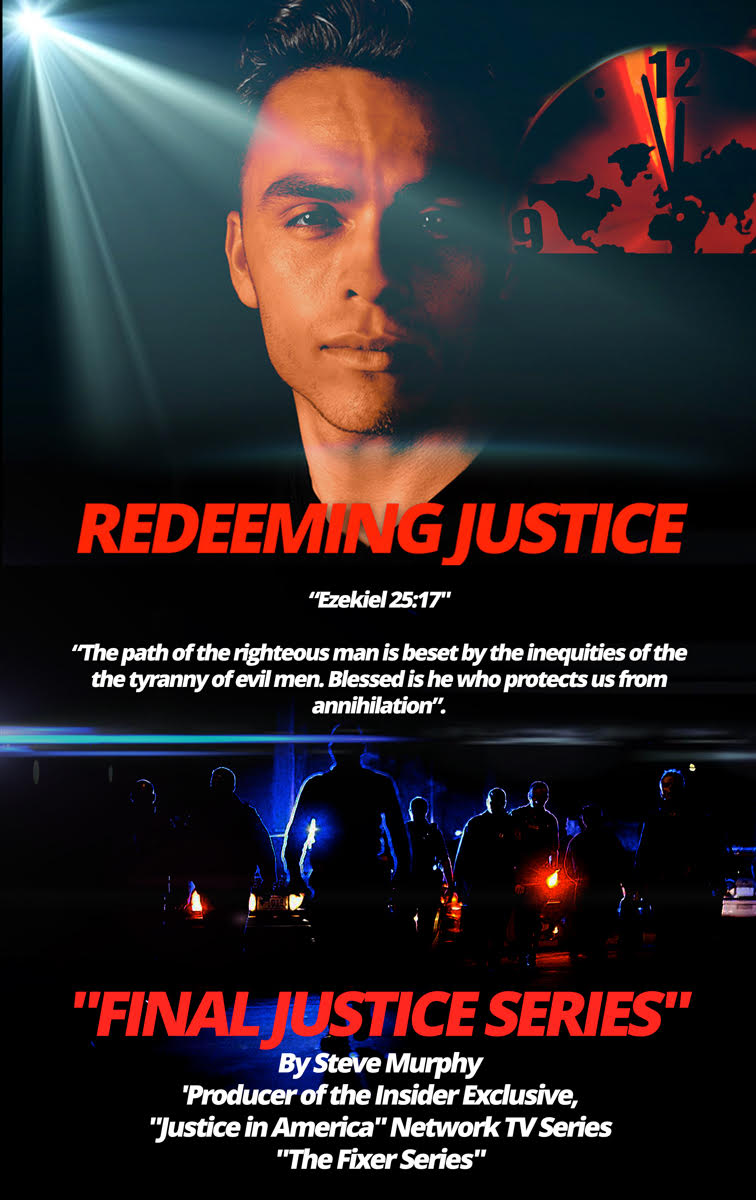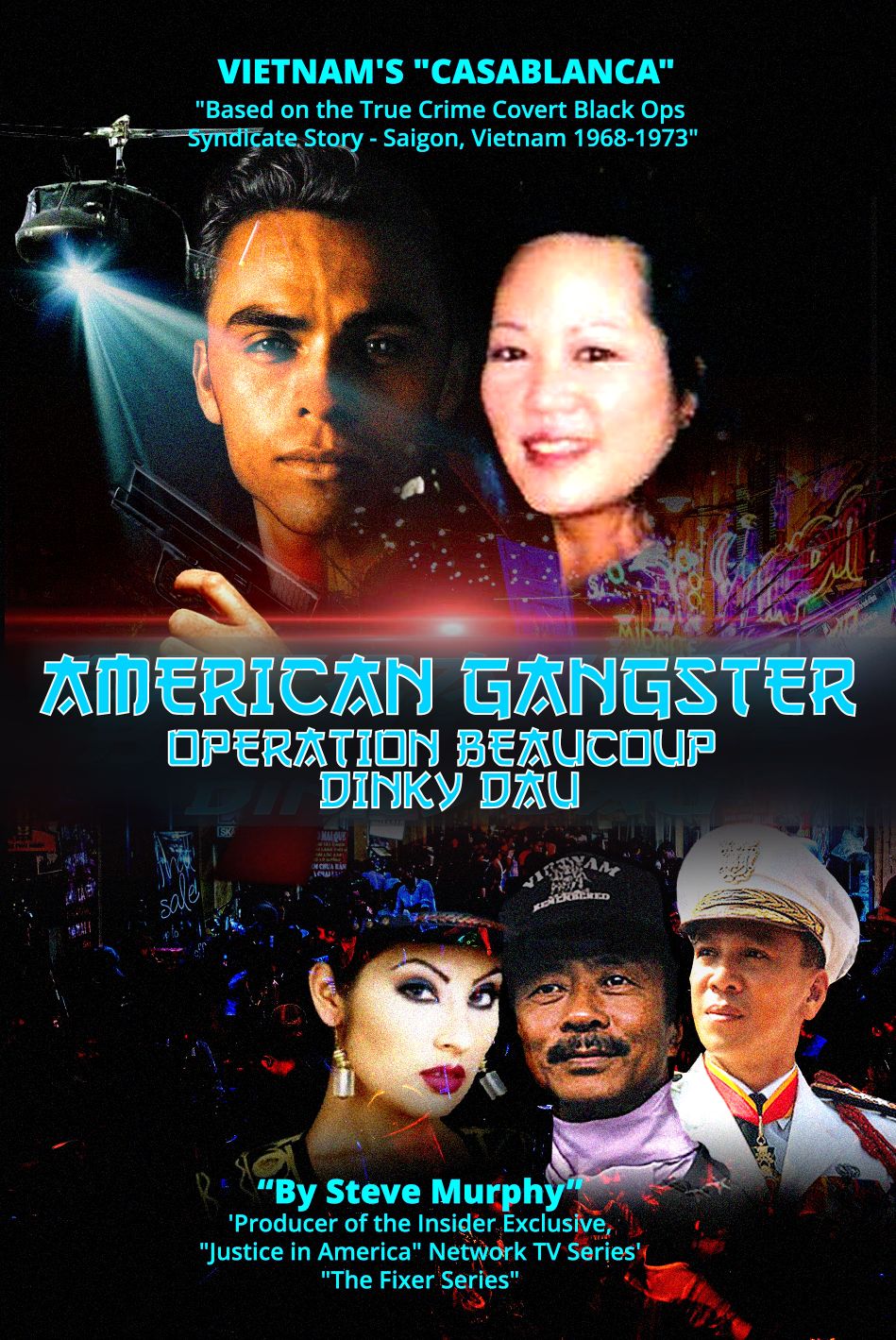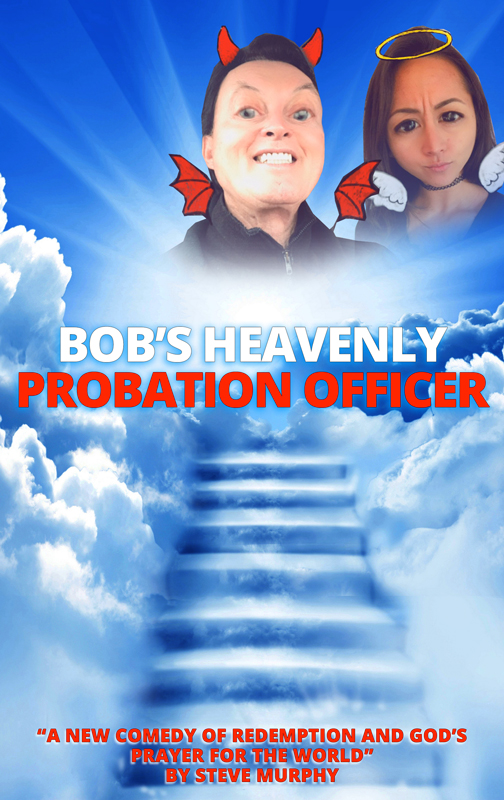| Featuring Hampton Newsome and Richard Snow | | Print | |
| America's Best Selling Authors | |||||||||||||||
 America's #1 TalkRadio Show Presents"America's Best Selling Authors Series"
Guest: Hampton Newsome Hampton Newsome is an attorney who lives in Arlington, Virginia. He is an editor of Civil War Talks: Further Reminiscences of George S. Bernard and His Fellow Veterans. THE BOOK: “Richmond Must Fall” In the fall of 1864, the Civil War’s outcome rested largely on Abraham Lincoln’s success in the upcoming presidential election. As the contest approached, cautious optimism buoyed the President’s supporters in the wake of Union victories at Atlanta and in the Shenandoah Valley. With all eyes on the upcoming election, Robert E. Lee and Ulysses S. Grant conducted a series of large-scale military operations outside Richmond and Petersburg, which have, until now, received little attention. In Richmond Must Fall, Hampton Newsome examines these October battles in unprecedented scope and detail. The narrative begins with one of Lee’s last offensive operations of the war at the Darbytown Road on October 7, 1864, and ends with Grant’s major offensive on October 27 to seize the South Side Railroad, the last open rail line into the Confederate stronghold at Petersburg. The offensive would spark sharp fighting at Burgess Mill south of Petersburg and on the Williamsburg Road east of Richmond. The October 1864 operations offer important insights into the personalities and command styles of Lee and Grant, including Lee’s penchant for audacity and overwhelming thirst to strike a blow against his opponent even against bitter odds and Grant’s willingness to shoulder heavy responsibility in the face of great risk. The narrative explores the relationships within the high command of both armies, including Grant’s sometimes strained partnership with the cautious George Meade. It also illustrates Grant’s efforts to guide the strong-willed political general Ben- jamin F. Butler, whose steadfast support for African American troops would spark a prisoner controversy that would bring the war’s underlying issues of slavery and race into bold relief. For the Confederates, the month’s operations illustrate Lee’s necessary reliance on his key combat commanders at Petersburg, including the formidable William Mahone. Drawing on an array of original sources, Newsome focuses on the October battles themselves, examining the plans for the operations, the decisions made by commanders on the battlefield, and the soldiers’ view from the ground. At the same time, he places these military actions in the larger political context of the fall of 1864. With the election looming, neither side could afford a defeat at Richmond or Petersburg. Nevertheless, Grant and Lee were will- ing to take significant risks to seek great advantage. These military events set the groundwork for operations that would close the war in Virginia several months later.
Guest: Richard Snow Richard Snow was born in New York City and he graduated with a B.A. from Columbia College in 1970. He worked at American Heritage magazine for nearly four decades and was its editor-in-chief for seventeen years. He is the author of several books, among them two novels and a volume of poetry. Snow has served as a consultant for historical motion picture—among them Glory—and has written for documentaries, including the Burns brothers’ Civil War, and Ric Burns’s award-winning PBS film Coney Island, whose screenplay he wrote. Most recently, he served as a consultant on Ken Burns’s World War II series, The War. THE BOOK: “The Inquisition of Climate Science” From the acclaimed popular historian Richard Snow, who “writes with verve and a keen eye” (The New York Times Book Review), comes a fresh and entertaining account of Henry Ford and his invention of the Model T—the ugly, cranky, invincible machine that defined twentieth-century America. Every century or so, our republic has been remade by a new technology: 170 years ago the railroad changed Americans’ conception of space and time; in our era, the microprocessor revolutionized how humans communicate. But in the early twentieth century the agent of creative destruction was the gasoline engine, as put to work by an unknown and relentlessly industrious young man named Henry Ford. Born the same year as the battle of Gettysburg, Ford died two years after the atomic bombs fell, and his life personified the tremendous technological changes achieved in that span. Growing up as a Michigan farm boy with a bone-deep loathing of farming, Ford intuitively saw the advantages of internal combustion. Resourceful and fearless, he built his first gasoline engine out of scavenged industrial scraps. It was the size of a sewing machine. From there, scene by scene, Richard Snow vividly shows Ford using his innate mechanical abilities, hard work, and radical imagination as he transformed American industry. In many ways, of course, Ford’s story is well known; in many more ways, it is not. Richard Snow masterfully weaves together a fascinating narrative of Ford’s rise to fame through his greatest invention, the Model T. When Ford first unveiled this car, it took twelve and a half hours to build one. A little more than a decade later, it took exactly one minute. In making his car so quickly and so cheaply that his own workers could easily afford it, Ford created the cycle of consumerism that we still inhabit. Our country changed in a mere decade, and Ford became a national hero. But then he soured, and the benevolent side of his character went into an ever-deepening eclipse, even as the America he had remade evolved beyond all imagining into a global power capable of producing on a vast scale not only cars, but airplanes, ships, machinery, and an infinity of household devices. A highly pleasurable read, filled with scenes and incidents from Ford’s life, particularly during the intense phase of his secretive competition with other early car manufacturers, I Invented the Modern Age shows Richard Snow at the height of his powers as a popular historian and reclaims from history Henry Ford, the remarkable man who, indeed, invented the modern world as we know it. Jack Girardi, Partner at Girardi Keese, is one of America's Finest Trial Lawyers and our Co-Host, as always, brings out the most important key elements to the success of today's guests. He and his firm have been dedicated to working hard and getting the best possible recovery for its clients. Girardi Keese's mission is to provide aggressive representation of individuals and businesses who have been injured in sous way, whether by physical harm, property damage, damage to business, or damage to economic interests. Girardi & Keese has two offices in California: Downtown Los Angeles and San Bernardino. www.girardikeese.com Hosted by Steve Murphy
 Brought to you by "The Law Business Insider" Contact:Guest: Hampton Newsome Guest: Richard Snow Jack Girardi Steve Murphy |
|||||||||||||||
| Last Updated on Tuesday, 10 November 2015 23:25 |

































